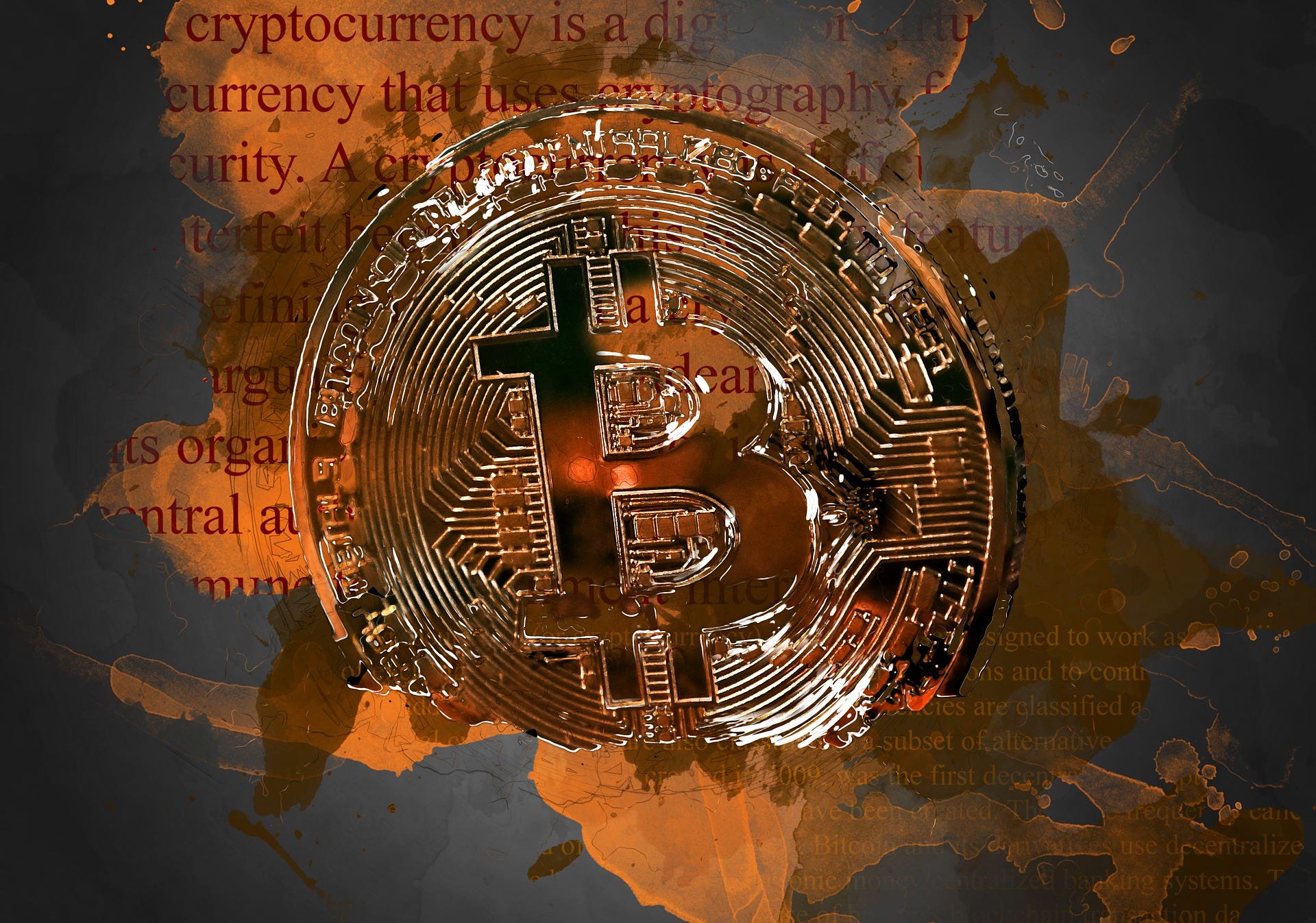PALO ALTO, Calif. (Reuters) - The Federal Reserve is looking at a broad range of issues around digital payments and currencies, including policy, style and legal factors to consider around potentially issuing its own us fed coin digital currency, Governor Lael Brainard stated on Wednesday. Brainard's remarks suggest more openness to the possibility of a Fed-issued digital coin than in the past." By transforming payments, digitalization has the prospective to provide greater value and convenience at lower cost," Brainard said at a conference on payments at the Stanford Graduate School of Business.
Main banks globally are debating how to handle digital finance innovation and the dispersed ledger systems used by bitcoin, which promises near-instantaneous payment at possibly low cost. The Fed is establishing its own round-the-clock real-time payments and settlement service and is currently reviewing 200 comment letters submitted late in 2015 about the suggested service's design and scope, Brainard stated.
Less than 2 years ago Brainard told a conference in San Francisco that there is "no engaging showed need" for such a coin. However that was prior to the scope of Facebook's digital currency aspirations were commonly understood. Fed authorities, consisting of Brainard, have actually raised issues about customer securities and information and personal privacy dangers that could be postured by a currency that might enter use by the third of the world's population that have Facebook accounts.

" We are working together with other central banks as we advance our understanding of reserve bank digital currencies," she stated. With more countries looking into providing their own digital currencies, Brainard stated, that contributes to "a set of reasons to likewise be making certain that we are that frontier of both research and policy development." In More help the United States, Brainard stated, concerns that require study include whether a digital currency Click here to find out more would make the payments system safer or simpler, and whether it might posture monetary stability dangers, consisting of the possibility of bank runs if money can be turned "with a single swipe" into the reserve bank's digital currency.
To counter the monetary damage from America's unmatched nationwide lockdown, the Federal Reserve has actually taken extraordinary actions, consisting of flooding the economy with dollars and investing directly in the economy. Many of these moves received grudging approval even from numerous Fed skeptics, as they saw this stimulus as needed and something just the Fed could do.
My brand-new CEI report, "Government-Run Payment Systems Are Hazardous at Any Speed: The Case Versus Fedcoin and gwennohtwb.doodlekit.com/blog/entry/20279288/the-terrifying-future-of-fedcoin-hacker-noon FedNow," details the dangers of the Fed's current prepare for its FedNow real-time payment system, and proposals for main bank-issued cryptocurrency that have actually been called Fedcoin or the "digital dollar." In my report, I talk about concerns about privacy, information security, currency manipulation, and crowding out private-sector competitors and development.
Proponents of FedNow and Fedcoin say the federal government must produce a system for payments to deposit quickly, instead of motivate such systems in the personal sector by lifting regulative barriers. However as kept in mind in the paper, the personal sector is offering an apparently unlimited supply of payment technologies and digital currencies to fix the problemto the level it is a problemof the time gap between when a payment is sent out and when it is gotten in a savings account.
And the examples of private-sector development in this area are lots of. The Clearing House, a bank-held cooperative that has been routing interbank payments in numerous forms for more than 150 years, has been clearing real-time payments since 2017. By the end of 2018 it was covering 50 percent of the deposit base in the U.S.